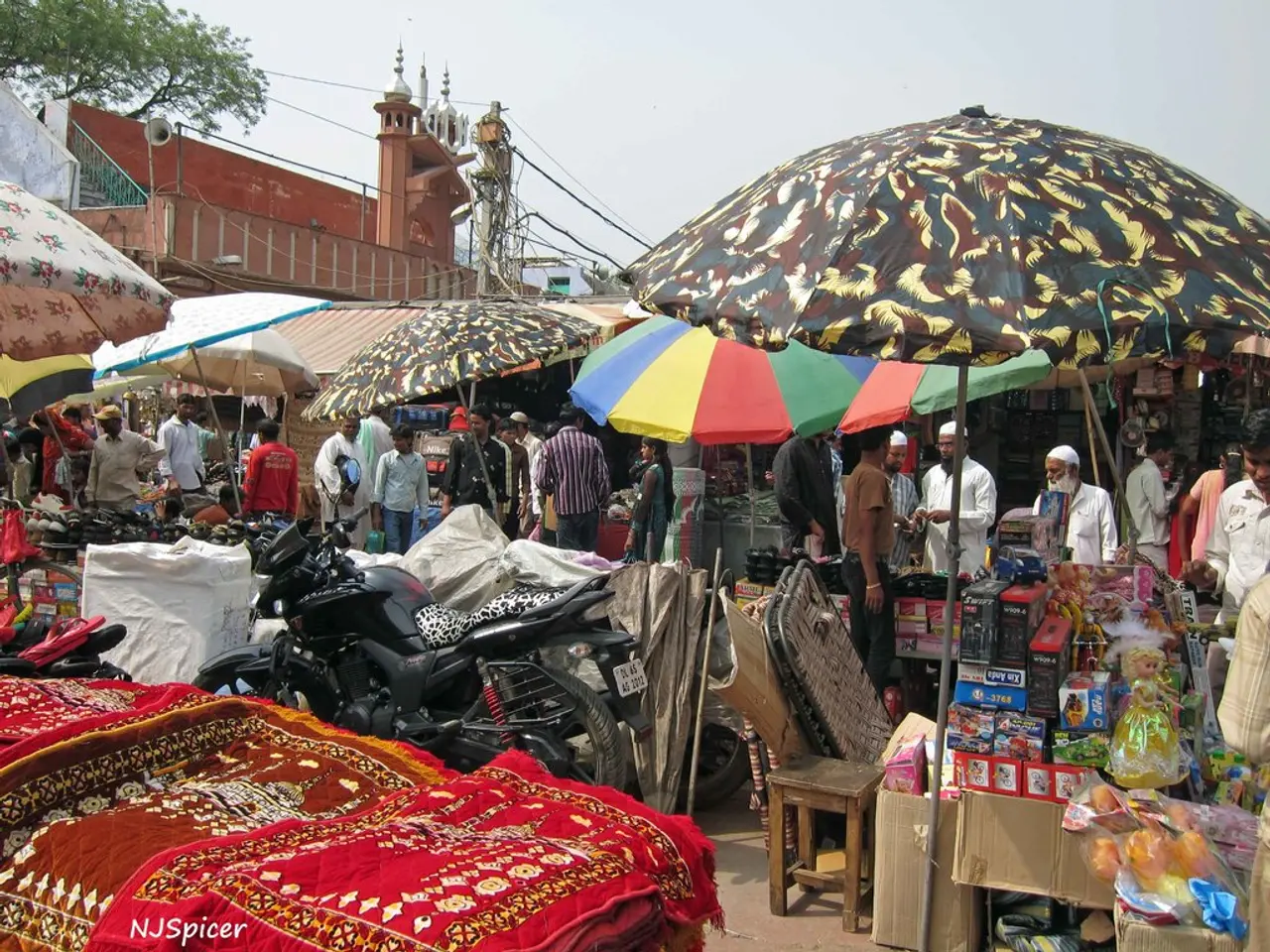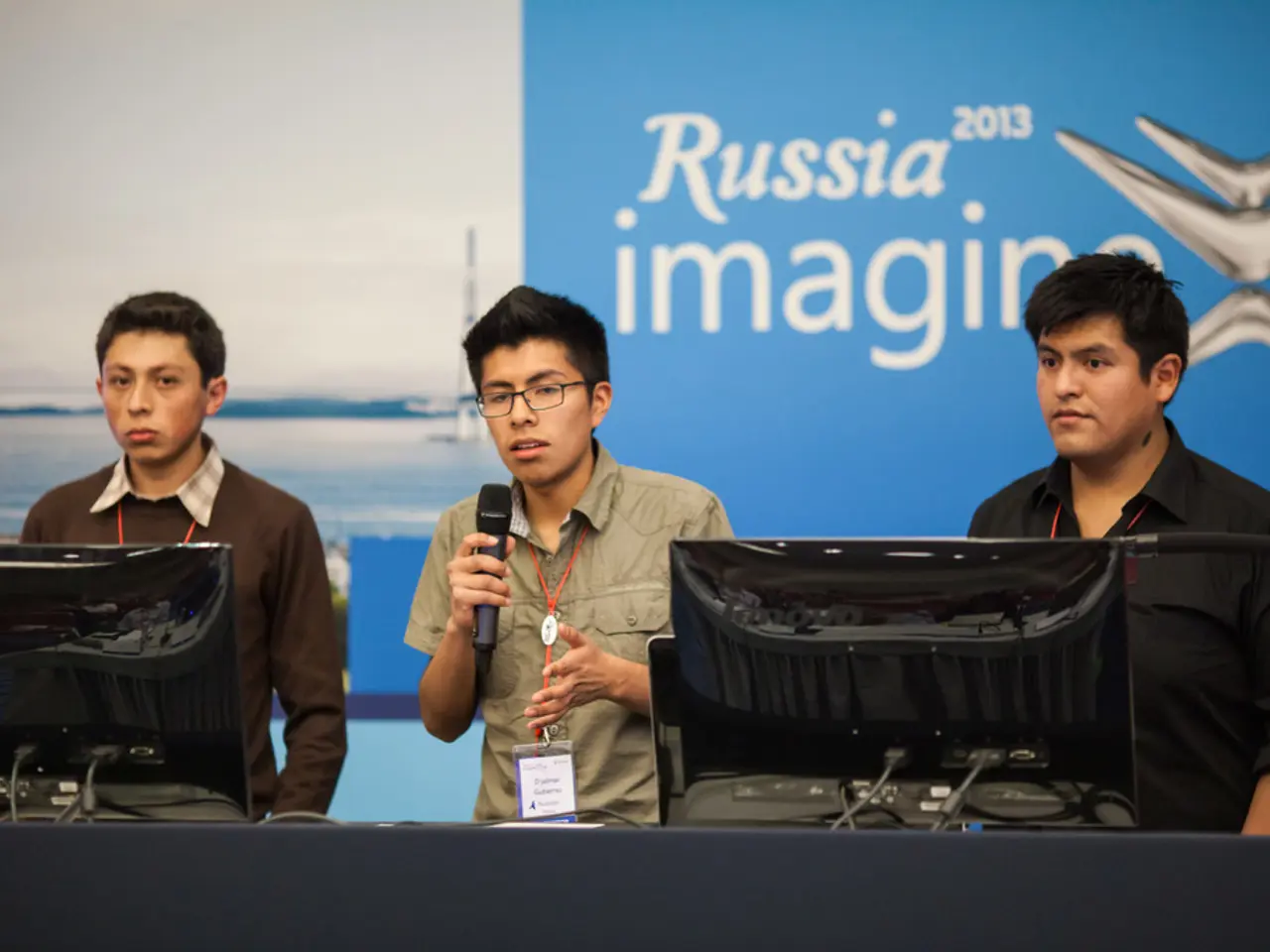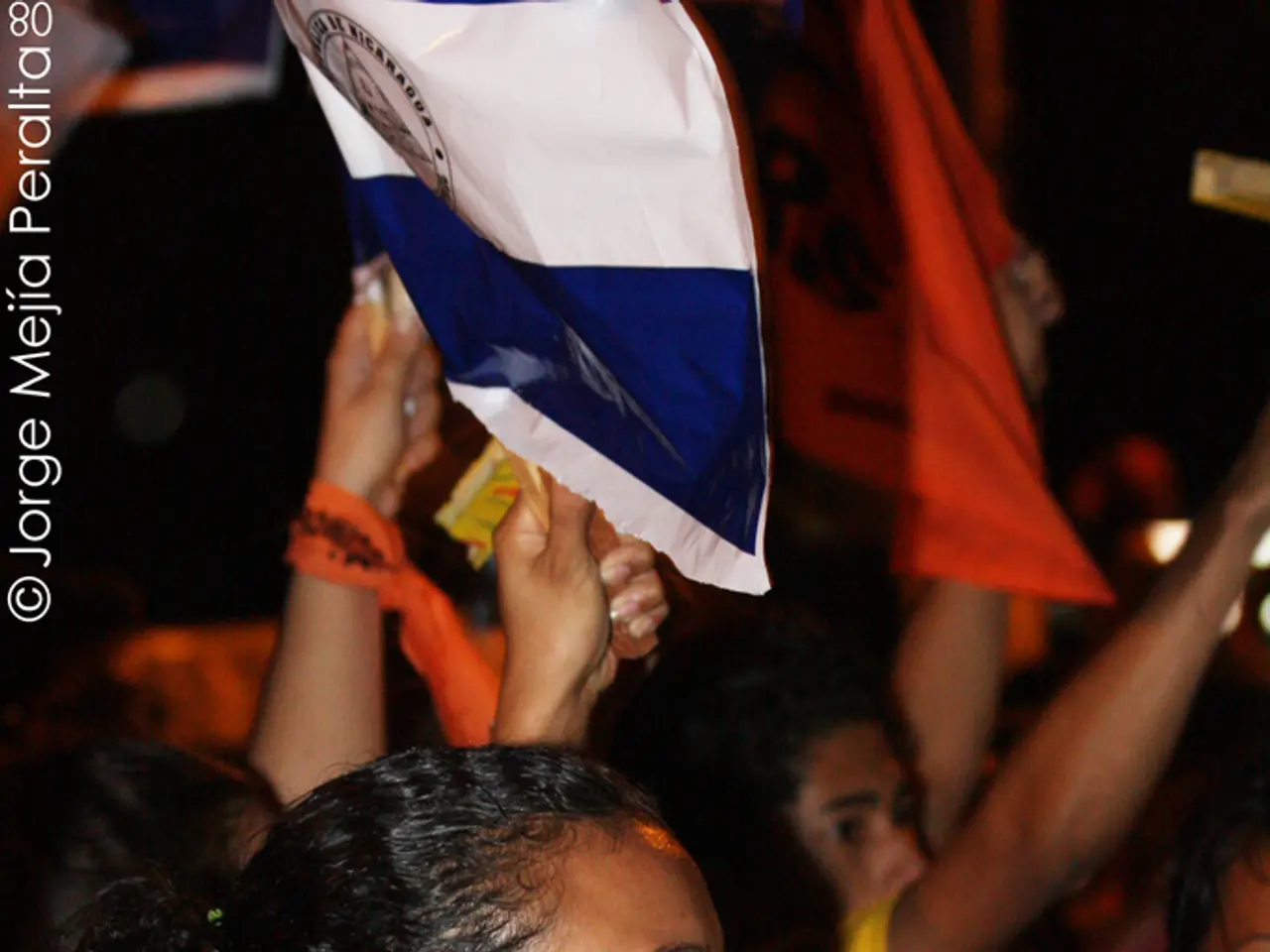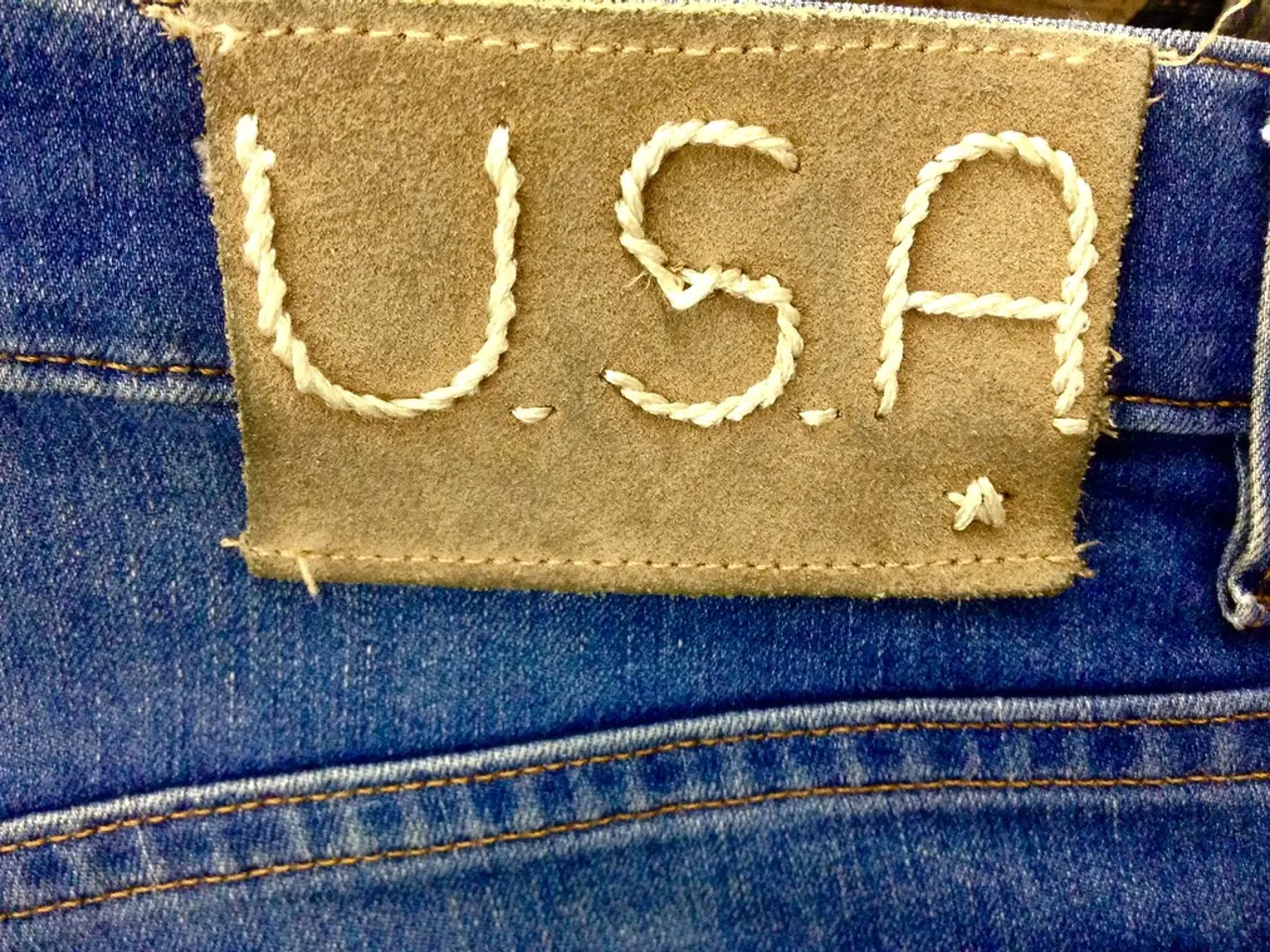Singer Faravaz Farvardin embarks on a journey towards liberation through her music.
Rough and Radical: The Unmuted Tales of a Rebel Artist
Meet Faravaz Farvardin and her gutsy debut album, Azadi. This fiery Farsi word means "Freedom," and the record is Farvardin's searing account of the authoritarian Iranian regime that jailed and exiled her.
Take a listen to the opening track, "Mullah." It's an audacious salvo that challenges the religious leaders who rule Iran: "I wanna ahh with the mullah, make love with the mullah, chica-chica-ahh, have fun with the mullah."
In an interview, Farvardin, 34, admitted that such antics could be hazardous, especially for a woman in her position. After all, the Iranian regime is no stranger to violently suppressing dissidents and even kidnapping and assassinating them around the globe.
"I don't necessarily feel safe," Farvardin admitted. "But then, I see women in Iran standing in front of soldiers and setting their hijabs on fire. That gives me strength. I cannot censor myself."
Farvardin found asylum in Germany in 2016, escaping a stint in Iran's notoriously brutal prisons due to charges related to her underground music performances. Azadi is an 11-track voyage detailing her life under oppressive censorship, imprisonment, and eventual exile.
Critics have praised this blend of alternative pop, electronica, and traditional Iranian folklore as "goosebump-inducing" and "deeply personal yet universally resonant." Despite the darkness of her experiences, Farvardin's childhood love for Iranian folk and pop music—and her fascination with classic jazz legends like Nat King Cole—guides her sound.
Growing up in Iran, Farvardin had to circumvent internet restrictions to explore diverse artists and genres, relying on VPNs and filters to access foreign music. It was there that she started combining jazz vocals with traditional Iranian melodies, drafting her unique musical identity.
Life in Tehran was far from easy for aspiring female artists. Women could only perform publicly as backing vocalists for male artists, but Farvardin discovered a lively underground concert scene where women performed alone or in all-female groups. These events would take place in homes, cafes, or even on the street, spreading through word of mouth or social media.
In 2016, Iranian authorities launched a crackdown on the music scene and arrested 50 female singers, including Farvardin. This triggered a three-year stint in a German refugee camp in Bad Reichenhall, which she described as a prison-like experience. Despite her struggles, Farvardin eventually found solace in her music, channelling her anger and frustration into her music, particularly the provocative and empowering "Mullah."
As a plus-sized singer with a powerful voice, Farvardin has overcome numerous obstacles and embraced her unique identity. Her music not only represents her personal journey but serves as a beacon of hope for those seeking freedom and self-expression.
- Amidst the challenges and dangers, Faravaz Farvardin's music continues to confront politics and censorship in Iran, reminiscent of the general-news stories covering similar struggles.
- The entertainment world has been captivated by Faravaz Farvardin's debut album, 'Azadi,' a fusion of alternative pop, electronica, traditional Iranian folklore, and jazz – a testament to her resilience and migration journey amidst hardships.






